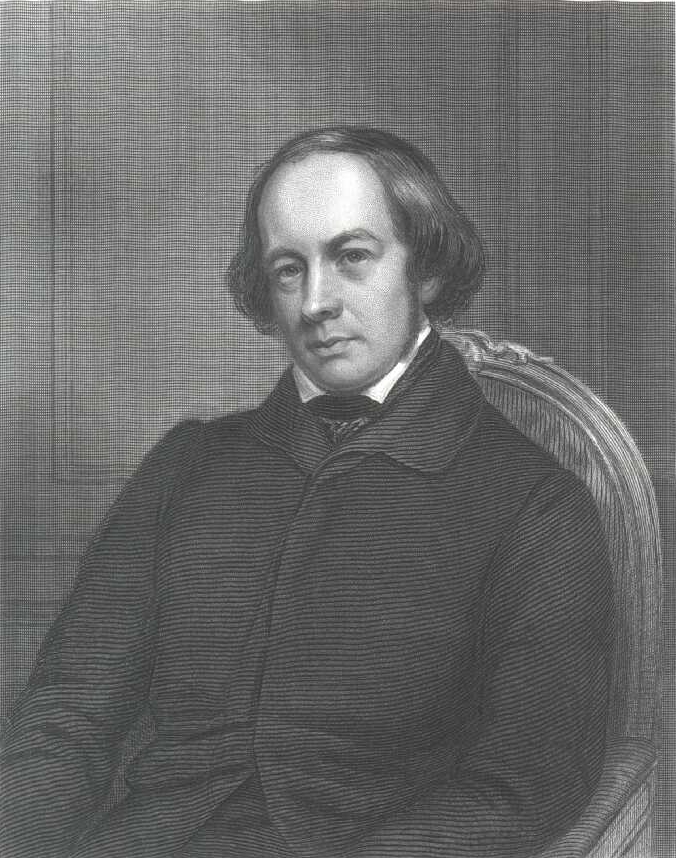An Gorta Mór: Temporary Relief Commission

- Colonel Duncan McGregor, police commissioner
- Sir James Dombrain, Inspector General of the Coast Guard
- Edward B Twistleton, a poor law commissioner
- Sir Randolph Routh of the Commissariat Department of the Army
- Colonel Harry Jones of the Board of Works
- Theobald McKenna, Assistant Under Secretary and
- Edward Lucas, Under Secretary
- Captain John Pitt Kennedy, former Secretary of the Devon Commission acted as secretary
At Peel's prompting, Sir Robert Kane (pictured here), the chemist introduced earlier was added.
Among other roles, the commission would organise distribution of the coming Indian Corn and cornmeal through a network of food depots yet to be established. They would also provide oversight of private relief efforts already beginning to form.
With respect to the food depots, the goal was not to feed all those in need, as one might expect. In fact, there would shortly be far greater need than the initial or subsequent Indian Corn purchases could possibly provide. Instead, the aim was to introduce Indian Corn to the market at an opportune time, in order counter anticipated spikes in the prices ofgrains on the island. According to the plan, this would allow much of the populace to purchase grain during those "hungry months" and survive until the 1846 potato harvest. After all, a multi-year blight was unheard of.
A target date of 15 May 1846 was agreed upon for opening of depots in Cork, Clonmel and Longford. The British Treasury would have ultimate responsibility of fund distribution and they would need someone to take charge.
Ultimately much of that power would rest in the hands of the Permanent Under Secretary, Charles Trevelyan (below), a man who expressed anti-Irish views with impunity prior to and during The Great Hunger.
Problems with the relief plan would spring up from the very beginning and with Trevelyan holding the purse strings the storm clouds were looming.


